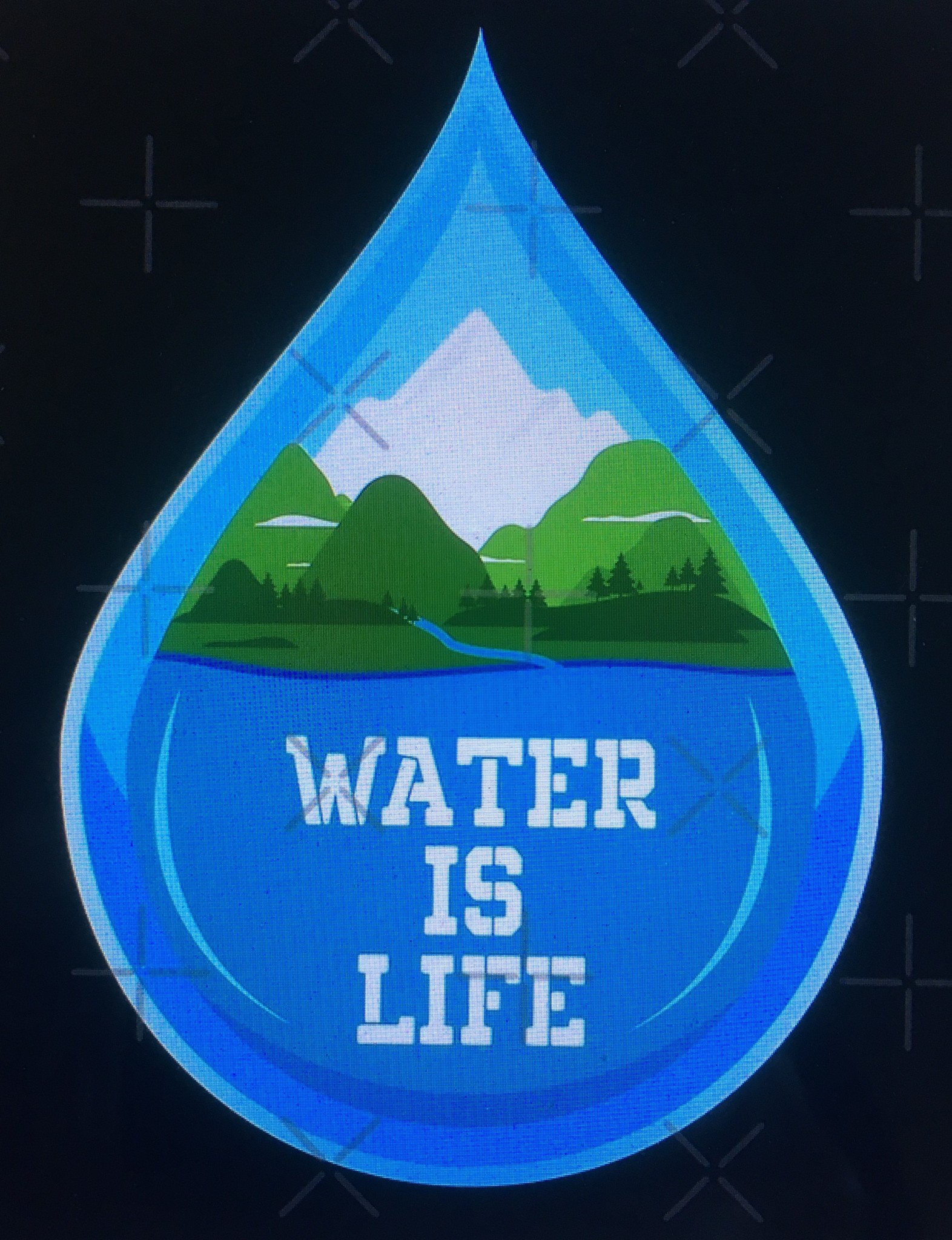Stories can kill or save our planet. The story ruling the world in recent centuries is the one pushed by white settler colonialists for their own profit and power. It depicts the Earth as an inanimate wilderness to be conquered with resources to be extracted for a single species, and only some of us. As Amitav Ghosh argues in his 2021 book The Nutmeg’s Curse1, their success fueled our current crisis.
Unlike the greed and callousness perpetuating this dystopia, there have always been qualities of humans and many (maybe most) other species nurturing a different story. This is one of embodied, direct experience of the earth, unmediated by profit-seeking and the technology invented to tear at the earth’s treasures to satisfy human appetites. It is one where we humans slow down to feel the earth’s pull, the chill and flow of a river, the sting of a bee, and yes the heat of a wildfire, thirst in the midst of a drought, and the fear of our inevitable fate. Through all of this, we can feel our innate kinship to and compassion for other animals, and all of life. Such intimate encounters are what gives meaning to our lives, and deaths. The stories we share about them, as Amitav Ghosh observes, feed our empathy for each other and the entirety of creation.
Not a resource to be exploited, this Earth is itself a living being with its own agency. It lives and tells its own vital story, which we can hear if only we listen. In his 1992 novel Ishmael2, Daniel Quinn describes the origins of the ruins we humans have created as the gradual domination of the takers over the leavers. The takers practiced and spread the story of domination and exploitation of the earth and other people. The leavers, in their received and evolving wisdom, kept listening to the stories of the earth and its diverse inhabitants in order to find their interdependent place among them. The sacrifice zones of the takers are ubiquitous: nuclear production and test sites on the remote drought plagued reservations of Native Americans, the petrochemical industry’s Cancer Alley in Louisiana, and the many Superfund sites, including our own Willamette River. Perhaps it’s no surprise that pursuing power over everyone and all that surrounds you has triumphed. It should also not surprise us that the earth has responded as it has.
The Earth recognizes the environmental injustice spewed upon it, the long history of the subjugation, extraction, and spoiling of its vital organs. And it is defending itself. Ghosh rightly points to the multiplying, strengthening wildfires, droughts, hurricanes, and floods as evidence of the earth’s awareness and agency, its absolute intolerance of being so mistreated.
As humble human beings, we can use our recognition of the earth’s vitality to, as Ghosh urges, orient it to the future. Our elders in this are the earth’s Indigenous peoples, the leavers, who have never stopped living and telling the story of the earth’s sacredness and their more-than-human relationships with other beings. With their message of “Water is life,” the Oceti Sakowin leaders of the Standing Rock protest encampment against the Dakota Access Pipeline demonstrated the kind of vitalist politics needed to keep their story alive, vital, and pointed to the future we want and deserve. That story and future, as Richard Heinberg asserts in his 2021 book Power: Limits and Prospects for Human Survival3, is one of choosing to limit our power over the earth and each other, our economic, technological, and military growth, and pursue instead degrowth.
1. A. Ghosh, The Nutmeg’s Curse, (Chicago, Ill: University of Chicago Press, 2021) https://multcolib.bibliocommons.com/v2/record/S152C1838877
2. D. Quinn, Ishmael, (New York, NY: Bantam/Turner Book, 1992) https://multcolib.bibliocommons.com/v2/record/S152C448916
3. R. Heinberg, Power: Limits and Prospects for Human Survival, (Gabriola Island, BC, Canada: New Society Publishers, 2021) https://multcolib.bibliocommons.com/v2/record/S152C1937864

